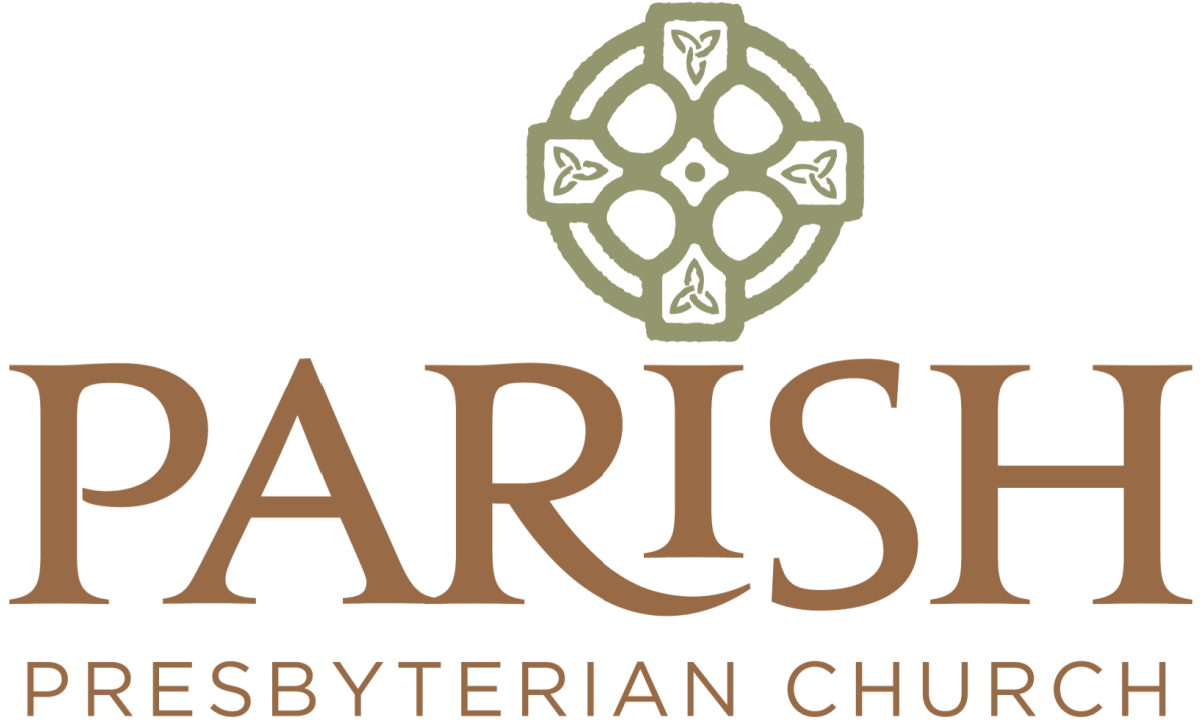Q. What is required in the sixth commandment?
A. The sixth commandment requireth all lawful endeavours to preserve our own life, and the life of others.
—Westminster Shorter Catechism, Question 68
The service this morning focuses on the contrast between life and death. We are invited into worship with John 6:35, in which Jesus proclaims, “I am the bread of life,” and Psalm 16, in which we declare to the Lord, “You make known to us the path of life.” We sing from Psalms 22, 27, and 49, asking to be set free from “death and evil,” being assured that we’ll see God’s goodness “in the land of life,” and taking comfort that “God will raise me from the grave.” Many of the hymns we sing are associated with the Easter season, looking to Christ’s ultimate victory over death. At The Lamb’s High Feast We Sing, Christ Jesus Lay In Death’s Strong Bands, and Christ Is Risen! Hallelujah celebrate the Savior who “brought us life and light,” ensured that “the reign of death was ended,” and rose so that “henceforth never death or hell shall us enthrall.” Having contemplated the implications of the sixth commandment, the duty to preserve life and the prohibition of “whatsoever tendeth” to the taking away of life unjustly, we can go out with the hope presented in the hymn Guide Me, O Thou Great Jehovah: “When I tread the verge of Jordan, bid my anxious fears subside; death of deaths, and hell’s destruction, land me safe on Canaan’s side.” —Henry C. Haffner

